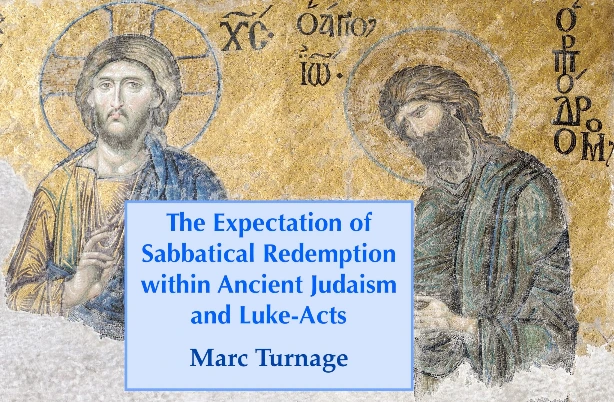Luke-Acts attests to the connection of the movements of John the Baptist and Jesus to ancient Jewish hopes of sabbatical redemption.
Lord’s Prayer

David Bivin and Joshua Tilton envision how the Lord’s Prayer might have been formulated in its original language and explore the ancient Jewish context to which the Lord’s Prayer belongs.
Deliver Us From Evil

Just as good poetry can convey multiple allusions, so “Deliver us from evil” can carry a variety of notions of protection from doing and experiencing evil.
- Page 1 of 2
- 1
- 2


